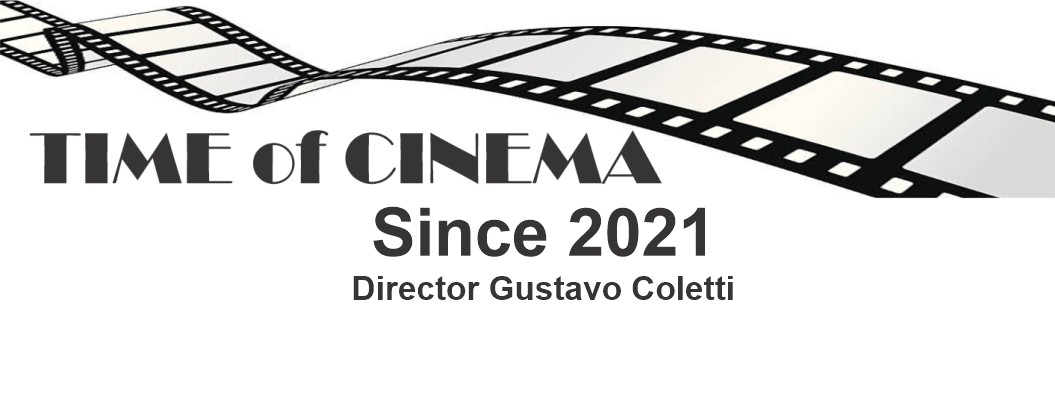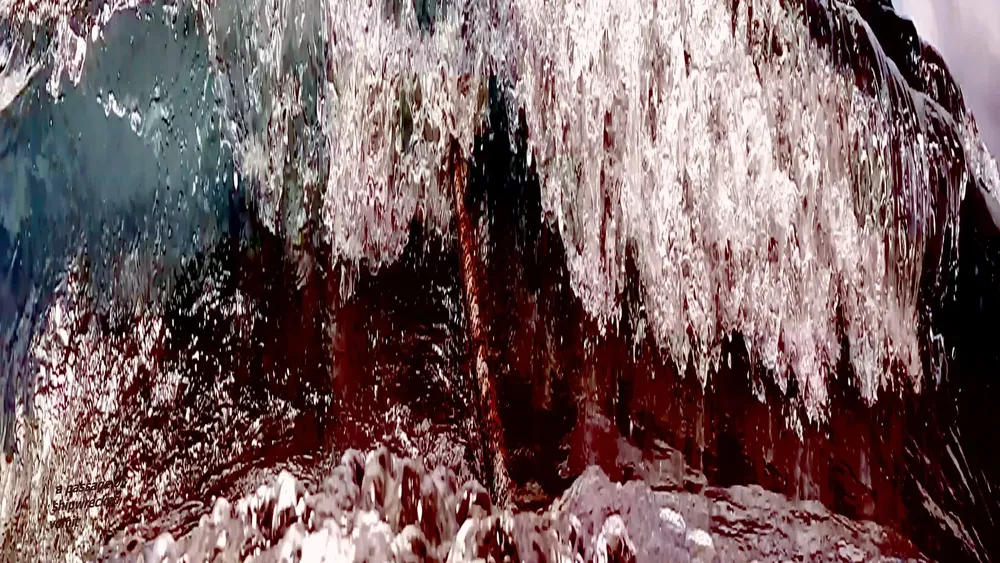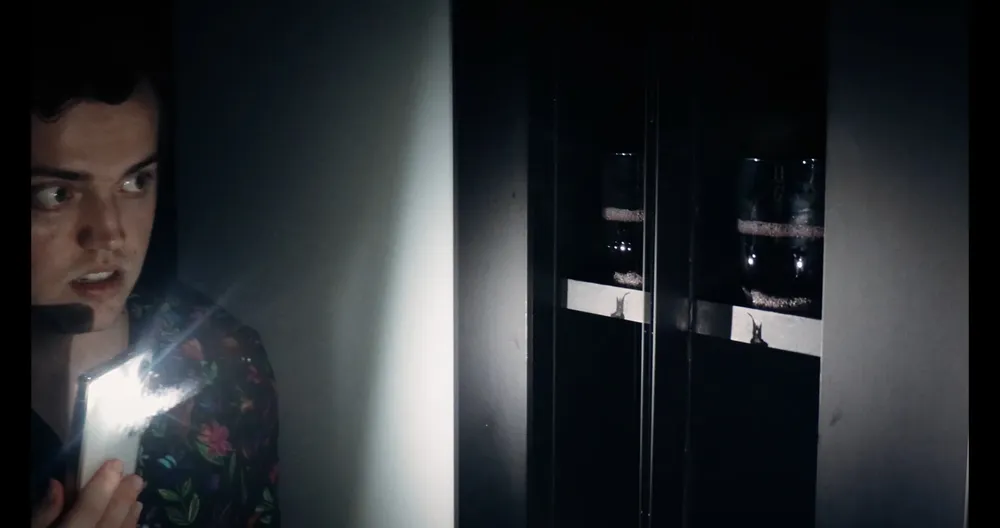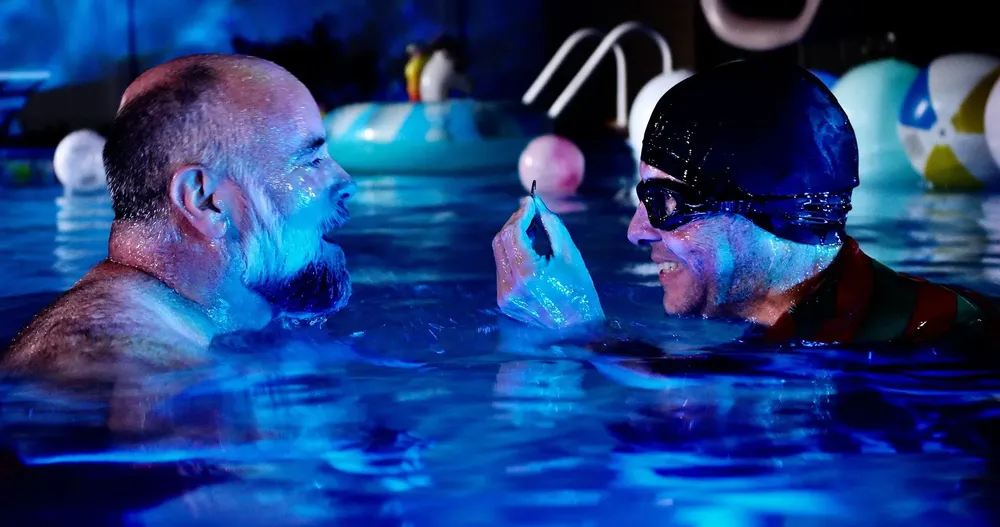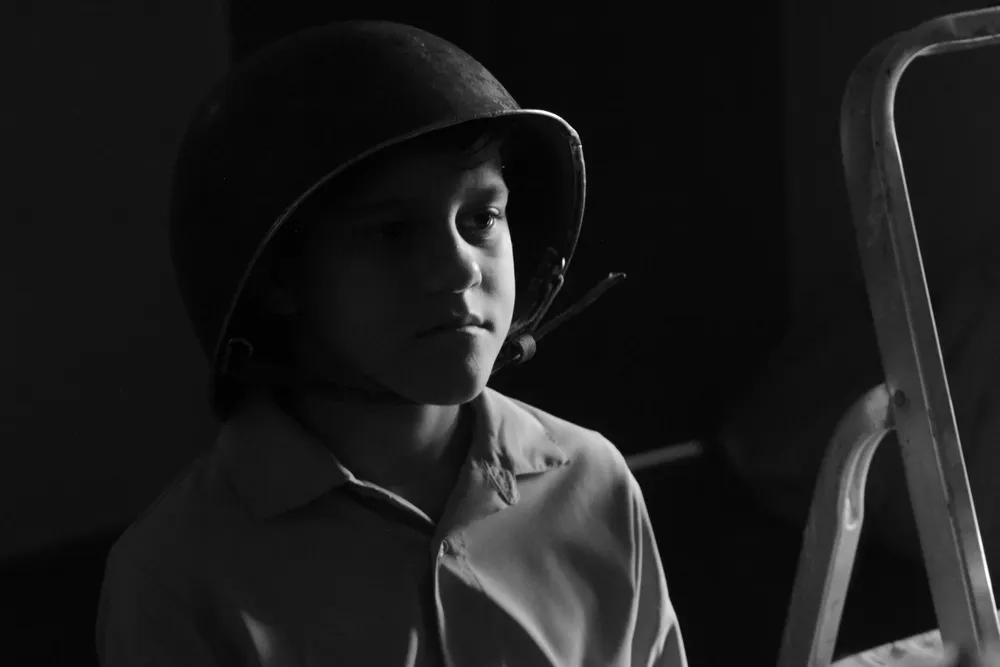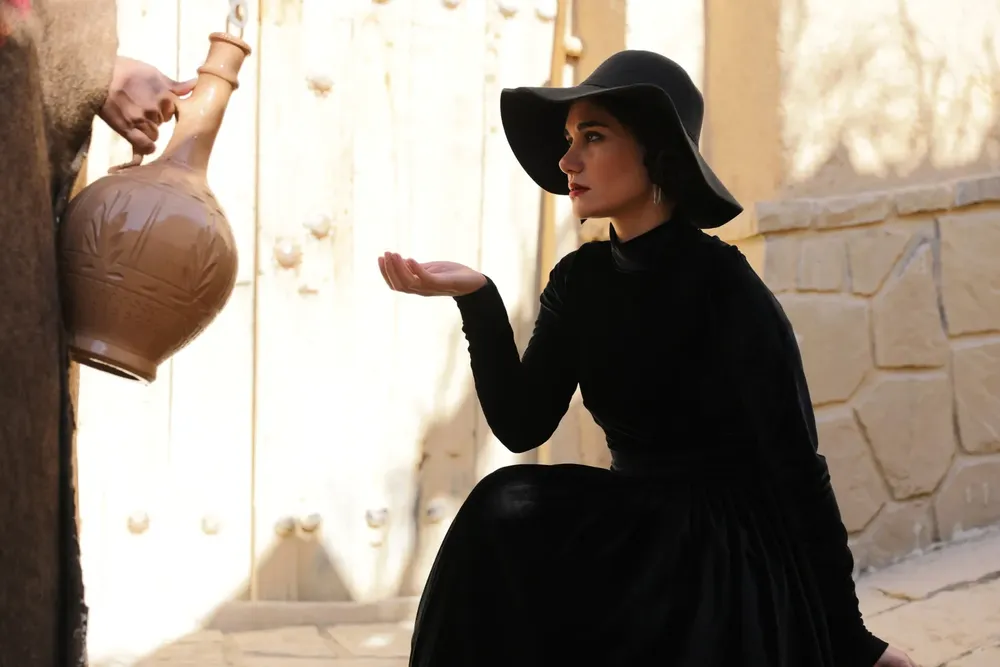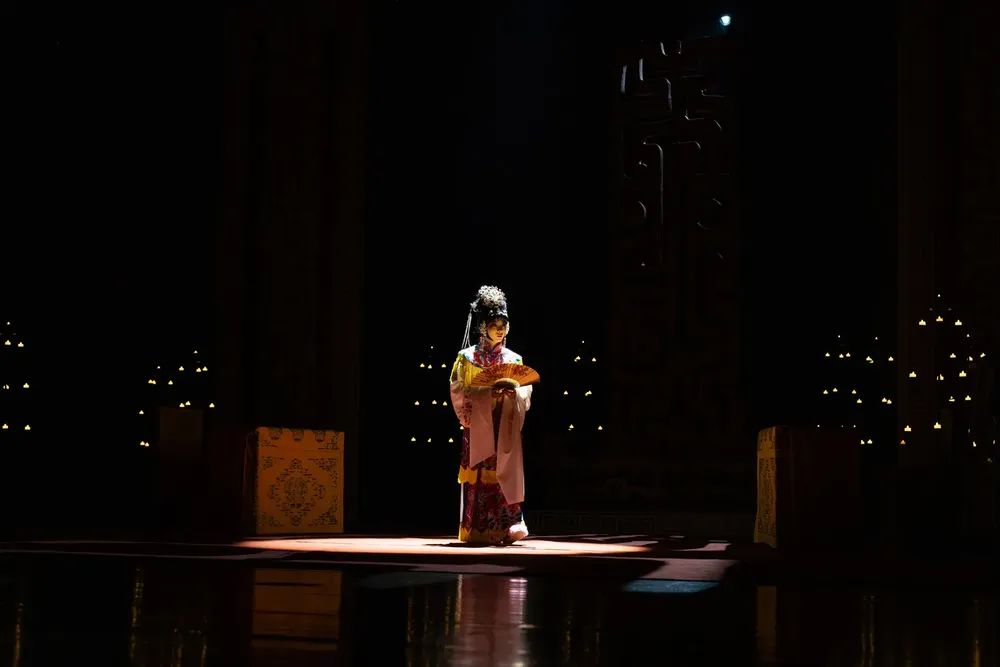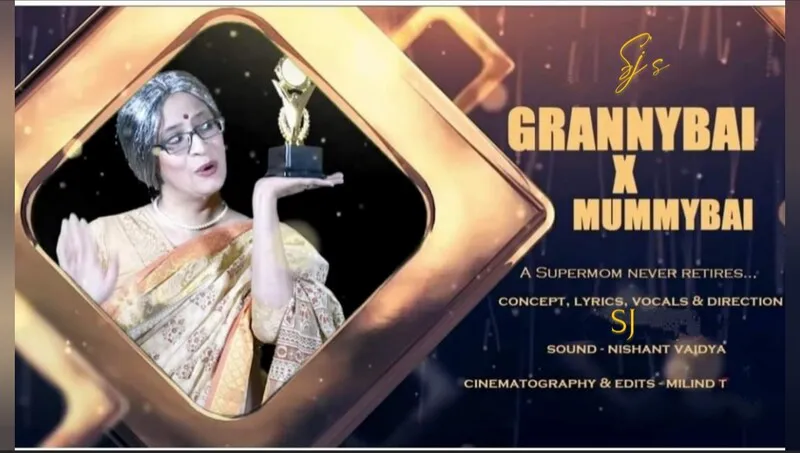
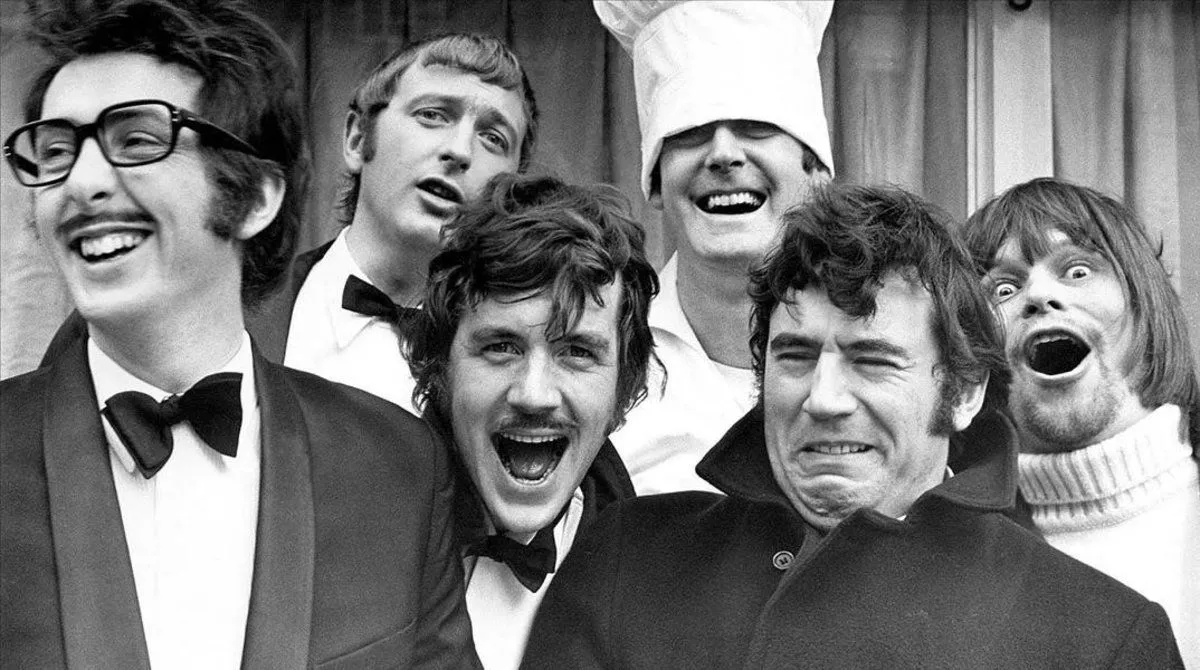
brian's bible
Libros del Kultrum has just published in Spain the mammoth Monty Python Autobiography (The Phytons) , whose original version ( The Phyton's Autobiography by The Phytons ) was released in 2003. Many years, too many, have passed until finally the Spanish acolytes of the British group we have been able to enjoy this work in Spanish. Point and recognition for the friends of Libros del Kultrum.
But he said that it is a mammoth work and he did not do it in a figurative sense, but rather literally: 600 pages of the history of the most influential comic group of the last fifty years (if not of history). A tremendous job carried out by Bob McCabe and whose translation has been commissioned by Álex Gibert.
McCabe embarked at the beginning of this century on the enterprise of telling the story of the Pythons. It was more than two years in which he had the opportunity to interview in depth the members of the group alive at that time: John Cleese, Michael Palin, Eric Idle, Terry Gilliam and Terry Jones (good old Jones left us just two years ago ) . . Graham Chapman, who died in 1989, was not exhumed for the occasion (don't judge me, they do these kinds of jokes constantly), but McCabe had the collaboration and participation of the comedian's partner, David Sherlock, and of his brother, a renowned London doctor (by the way, the role of the doctor that Chapman used to play in the Monty Python's Flying Circus sketches ).
The book is presented in a testimonial format and is divided into seven chapters, ranging from the beginning to the official end of the group in 1983 (it is true that it later had its own rebirths, without Chapman, in 1989 and in 2013 and 2014 ). In addition to the members' statements, McCabe offers us a succulent and unpublished photographic archive that illustrates part of the work.
The autobiography of the Pythons ends up becoming an extensive and profuse hagiography, told by themselves through the pen of McCabe. This is perhaps the only weak side of the book, since I miss an exegetical reflection that puts everything in perspective and allows us to understand what they contributed to the world of comedy. Coffee for very coffee lovers? Maybe, but there are plenty of Phytons coffee growers all over the world. In fact we could calculate them in hordes. This is so because they changed humor forever: their wake still shines and the style they implanted drinks even the most modern comedians.
Because, although the popular lore associates Monty Python with the immeasurable and more current than ever The Life of Brian (even this review uses it in its title), his work cannot be reduced to a film. It would be as unfair as limiting The Beatles legacy to a single song or a single album (by the way, Libros del Kultrum, in its effort to get us Spanish readers out of ostracism, has just published I-Me-Mine , a kind of autobiography of George Harrison, who, as well documented in the Python book, was a key figure in making Brian's life a reality).
Thus, the group's greatest contribution was to modernize the codes of humor, something they did long before The Life of Brian , formally their most conventional product. They probably did this even before Monty Python was formed, thanks to their appearances on TV shows like The Frost Report (created by Cleese and Chapman) or Don't Adjust your Set (with a great cast that included Idle , Palin and Jones). But it was the mythical Monty Python's Flying Circus , a television series of sketches broadcast by the BBC between 1969 and 1974, at the same time the germ and the apotheosis of Python humor and the phenomenon that collapsed all the foundations of humor existing to date.
Their dazzling success allowed them to shoot two feature films before Brian's life : The fat one was armed and The Knights of the Square Table (let me refer you to their titles in English, so you can see how surreal the translations are: And Now for Something Completely Different and Monty Python and the Holy Grail , respectively).
After The Life of Brian , the Pythons only made The Meaning of Life , an erratic film that, although it contains hilarious moments, they themselves admit they shouldn't have filmed. Thus, La vida de Brian could be placed almost in the throes of the group: his last great work and the peak of his career (the very coffee growers would refute calling it that, but make no mistake, it has been his greatest success).
But what did this revolution in the springs of humor consist of? Thanks to the British (although Gilliam is American, his contribution has always been considered minor), visual comedy evolved from being basically based on slapstick and tangled situations to black humor, satire and the absurd, due to its crucial verbal component.
It is precisely this part, the one that recounts how they forge the foundations of their humor during their university years, that is best reflected in the book. There is something that always caught my attention about the origins of the Pythons and that also perfectly reflects how our homeland idiosyncrasies are miles away from the British. Except for Gilliam, all the Pythons were students at Oxford and Cambridge. The academic and intellectual environment of these exalted universities was the favorable breeding ground for what they ended up being, thanks to the comedy groups that were born under the auspices of both and of which they all formed a part. That shows that the English take humor very seriously.
It is true that there are precursors who paved the way for the Pythons, as they acknowledge in great detail in their autobiography. It is worth noting that of The Goon Show , a BBC radio program created by Spike Milligan in which the inimitable Peter Sellers participated. Their influence on the humor of the Pythons is undeniable, but they were the ones who transferred that type of verbal comedy that is so radio-phonic to visual language, a milestone that has placed them in their rightful place on the Olympus of humor.
All this and much more is wonderfully explained by its protagonists in this Monty Python Autobiography (The Pythons) , which we could consider the Python bible (for the headline it was better to use the figure of Brian, for many reasons, don't make me explain the joke ). Very good coffee for coffee lovers thanks to Libros del Kultrum.
